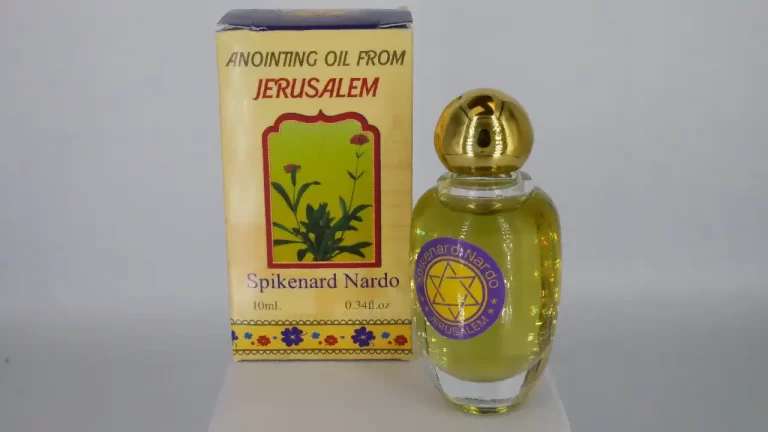Christian Anointing Oil: A Comprehensive Guide

Anointing with oil is a sacred and symbolic practice in Christianity, rooted in biblical tradition. This article explores the significance, types, and contemporary relevance of Christian anointing oil.
Origins and Significance of Anointing Oil
In the Bible, anointing with oil holds religious and symbolic meaning, indicating consecration or sanctification. It is mentioned 20 times, highlighting its prevalence in various practices.
Types of Anointing
Biblically, anointing oil was used to designate individuals or objects for specific roles or purposes:
- Kings: Anointing ceremonies consecrated kings, as seen in the anointing of David and Saul.
- Prophets: Prophets were also anointed, such as Elisha by Elijah.
- Priests: High priests were anointed during their inauguration (e.g., Aaron).
- Tabernacle and Furnishings: The tabernacle, utensils, and furnishings were anointed with holy oil to consecrate them for religious use.
Composition of Anointing Oil
Exodus 30:23-24 provides a specific recipe for anointing oil, composed of olive oil and fragrant spices. This oil was forbidden for personal use, emphasizing its sacred nature.
Anointing in the New Testament
In the New Testament, disciples anointed sick individuals with oil as instructed by Jesus (Mark 6:13). This practice became associated with the Roman Catholic Church's Anointing of the Sick ceremony, performed for healing and spiritual protection for the severely ill.
Contemporary Relevance
The use of anointing oil in modern Christian practices varies among denominations. Some churches continue to incorporate anointing oil into ceremonies such as baptism, ordination, and healing rituals. Others view it as a biblical practice not essential for today's church.
Holy Anointing Oil: Symbol of the Holy Spirit
The Holy Anointing Oil, described in Exodus 30:23-33, is a mixture of pure olive oil and four fragrant essential oils (myrrh, cinnamon, cassia, and calamus). It symbolizes the Holy Spirit and is used for consecrating vessels, priests, prophets, and kings.
The oil represents a sacrificial and righteous walk, as well as a commitment to a specific task. It empowers and endorses individuals for the service of God. The four fragrances added to the olive oil enhance the oil's potency and symbolize various spiritual qualities:
- Myrrh: Bitterness and purity
- Cinnamon: Healing and protection
- Cassia: Strength and courage
- Calamus: Joy and righteousness
Christian anointing oil is a rich and multifaceted symbol with deep biblical roots. It represents consecration, healing, and spiritual empowerment. Its use in contemporary Christian practices varies, but it remains a potent reminder of God's presence and blessing.
Frequently Asked Questions about Christian Anointing Oil
What is anointing oil?
Anointing oil is a sacred substance used in religious ceremonies to consecrate people, places, and things. It is typically made from olive oil and fragrant spices.
What is the significance of anointing oil in the Bible?
Anointing oil is a symbol of God's blessing and protection. It was used in the Old Testament to consecrate priests, kings, and prophets. In the New Testament, it is used to heal the sick and to drive out demons.
Is anointing oil still used in Christian churches today?
Yes, anointing oil is still used in many Christian churches today. It is typically used in baptism, confirmation, and ordination ceremonies. It can also be used for personal devotion.
What are the benefits of using anointing oil?
Anointing oil can be a powerful way to connect with God and to experience his presence. It is a reminder of God's love and care for us, and it can be a source of strength and comfort.
How can I use anointing oil?
Anointing oil can be applied to the forehead, hands, or other parts of the body. It can also be used to anoint objects, such as Bibles, prayer beads, or candles.
Where can I buy anointing oil?
Anointing oil can be purchased at most Christian bookstores and online retailers.

